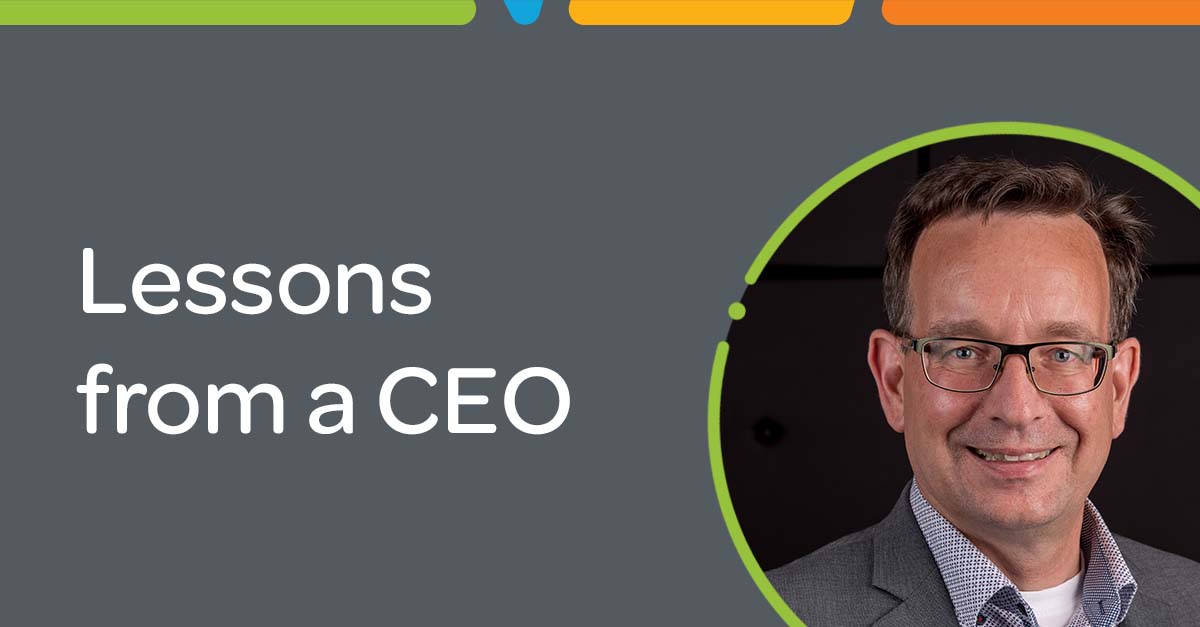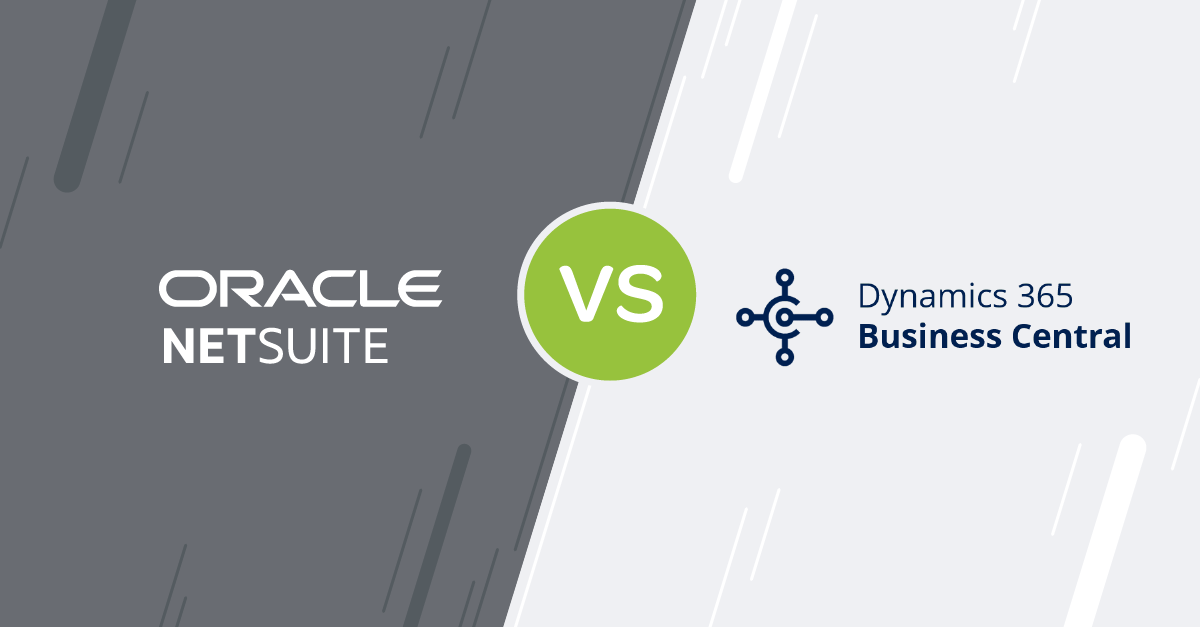Blog
Share this
Lessons from a CEO: Key Insights for Small to Mid-size Business Owners

by Darrell McClarty on August 10, 2021
This month marks 20 years since I, along with my partner Collin, started ProjectLine. Like any business, the journey has been full of ups and downs. And the past year has been no exception, trying to support both our team and our customers through such a challenging time.
Approaching this major milestone in our company, I found myself reflecting on the experiences we’ve had over the years (the good, the bad and the ugly). And I thought I’d share with you some of the biggest lessons learned from starting and growing a business.
1. It never goes how you planned
Looking back to the early days of the company, I can see that we were a bit naïve about certain things. Whether it was the five-year business plan or a smaller initiative, I can’t count the number of times we thought we had a rock-solid plan. And it didn’t turn out how we expected…sometimes it wasn’t even close.
There’s a certain wisdom in accepting that no matter how good your plan is, it will never go exactly as planned. We’ve learned to roll with it over the years. But we’ve also adjusted our planning to test our assumptions more stringently and try to prepare for all scenarios as best we can.
My advice? When you think you’ve made all the right assumptions about the worst case and the best case, take a break. Then go back and rethink it all. Then do that a few more times to get to your best plan.
2. Your decisions have bigger impacts than you realize
As a leader, I’ve always known that my decisions have impact. But there are moments where I underestimated just how significant that impact could be.
One example that comes to mind is a failed merger about 10 years ago. We were already far down the path; everything had been planned to a tee and then the wheels fell off. In the final stages we observed changes in the other organization and how we would work together in a new merged entity, and we knew that our plan no longer made sense for us.
The decision to pull out of the merger wasn’t one we made lightly. We thought carefully about how this would impact both our team and the people in the other business. But when we made the final decision, we weren’t prepared for just how deeply they were affected. For two years afterward, we heard from employees in the other organization about how disappointed they were when the deal fell apart.
I think that response is a testament to the culture we’ve built here at ProjectLine. But as a leader, it’s humbling to realize the true impact of the decisions I make in the business. Big or small, there’s a ripple effect that isn't always visible from a glance.
This is why we take a few passes before we make big changes in the organization. We think it through, then let it sit for a bit, come back from another perspective, then let it simmer some more. A few rounds like this with myself, Darrell and Collin give us the broad view of the impact – not just for the business, but for our customers, every person on our team and even their families.
3. There’s something to learn from every setback
When I think back on our decision to pull out of the merger late in the game, there’s no doubt that it was a major setback at the time. We had already invested two years of time and money that we couldn’t recover. Not to mention we had basically ignored our own brand because we thought we wouldn’t need it moving forward.
But this was a pivotal “growing up” moment for our company. You never know when they’ll come, but every business has them. It forced us to rethink how we ran the business and where we were headed. Fast forward about a year and we acquired an SAP Business One practice in Toronto, expanding our customer base across Canada.
Even though the failed merger was a tough blow, it changed the future of the company and set us on a path to where we are today. It might sound trite, but there really is something to learn in every challenge. Sometimes it’s taken us years to realize what the lesson was, but it always comes eventually.
4. Focus on building the right team
When I think about what’s made us successful over the years, it seems like the easy answer to say our people. But it’s true.
For us, it’s not just about hiring for skill set or job knowledge, but also what we call fit. Just because someone can do the tasks outlined in a job description doesn’t always mean they’re a great fit for the role. We’ve seen this happen a few times over the years. Someone is doing their job reasonably well, but they’re not excelling. So, we adjust where possible to get them into a position that’s a better fit for their strengths. It’s all about having the right people in the right roles.
The other component of fit is about culture – are they “our kind of people”? It’s an intangible that you can’t really describe, but more of a gut feel. Most of the time, we get it right – we’ve even been pleasantly surprised with employees who worked out better than expected.
But, like any company, not every hire is a good fit. For us, that can happen when we hire someone we’re already connected with. Whether it’s a referral from another employee or someone we’ve done business with, it can be tempting to make assumptions and skip steps in the evaluation process because you think you already know them. No matter where you recruit from, following the same evaluation process for everyone is the best way to find the right people.
5. Give your people the freedom to do it their way
Here’s the thing about having a great team – they’re only as great as you allow them to be.
Learning to loosen the reins is one of the biggest shifts I’ve had to make as a leader. In the early days, I was deeply involved with every aspect of the company, along with our other shareholders. Every proposal that went out passed our desks first. We had ultimate control over how everything was done.
As we grew the team, I had to let go of the “I’ll do it myself” mindset and give people the freedom to do their jobs their way. That doesn’t mean I’m completely hands off – I guide and coach to ensure we’re delivering at the standard we’ve set as a company. But just because someone does it differently than I would doesn’t mean it’s wrong.
6. Culture drives everything
From day one, our shareholder group has held the mindset that we do it right…and if we don’t get it right the first time, we’ll work hard to make it right. Twenty years later, having grown from a team of four to over 30 employees across the country, that mindset still drives us. It’s why our customers love us and why our employees stick around.
What we’ve learned though, is that it’s easy to take that “do it right” approach too far – to the point where we’re sacrificing profit. It’s certainly not all about the money, but you know that it’s a key factor in keeping happy staff and growing the business. Over the years, we’ve gotten better at this balancing act, where culture still drives our decisions, but in a way that we’re thriving financially.
One of the biggest shifts we’ve made on this front is defining our non-negotiables. We all know that a customer who’s not a great fit for the business can end up costing more in the long run. So, we’ve gotten really clear on what makes a good fit customer – both in terms of the software solution we can provide and how they do business. As hard as it can be to turn down a sale, we’ve become comfortable saying no to any company that doesn’t fit. If we don’t feel that we can truly help them and work well together, we know we’ll feel the financial impact down the road.
7. Keep your eye on what matters most
When things are tough in the business, it can be easy to get tunnel vision and focus on what you can see clearly – that’s usually the numbers. But when I think about the economic challenges we’ve all faced in the past year, what kept me going was thinking about the people we impact. How can we help our customers get through the pain they’re feeling? How can we protect and support our own team?
The hard moments are when empathy becomes even more important as a leader. But for us, it’s core to everything we do. That’s why our brand is about the human side of ERP. It doesn’t matter if we’re dealing with a global pandemic or talking with a business owner that’s up at night worrying if they can make payroll, people are what matter most. For us, ERP software is simply a tool we use to help other companies serve their employees and customers more effectively.
How might that perspective on empathy apply to your own business?
Final thoughts
From one business owner to another, I hope you’ve seen a little bit of yourself in this post. I’d be curious to hear about your biggest lessons learned – feel free to share in the comments below.
Share this
Stay in the Know!
Join other SMEs who receive our monthly ERP insights, tips and best practices.
You may also like

ERP Funding for Canadian Businesses

Should You Work with a NetSuite Implementation Partner or Go Direct?


